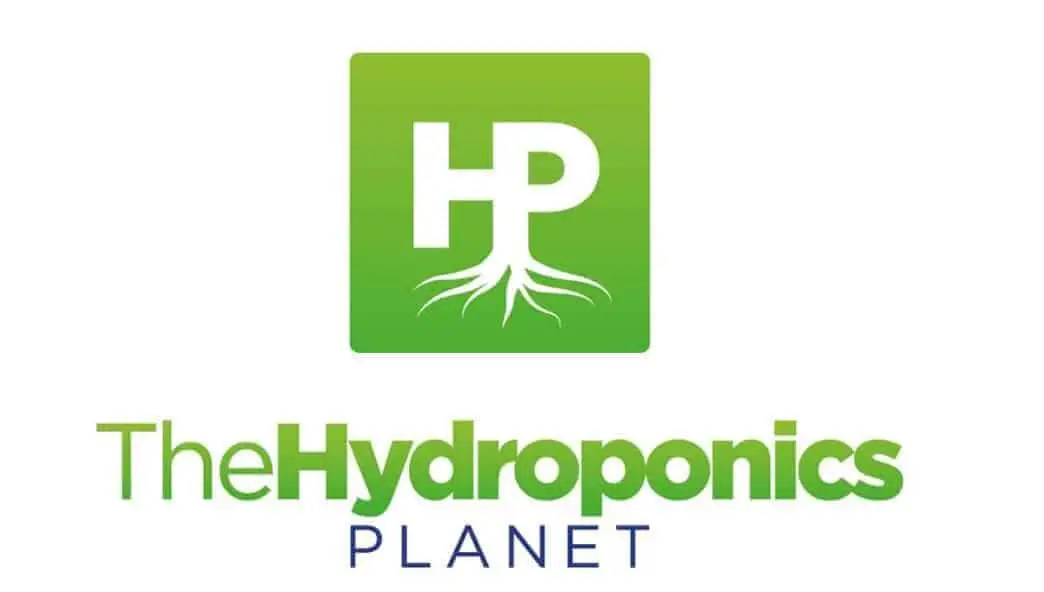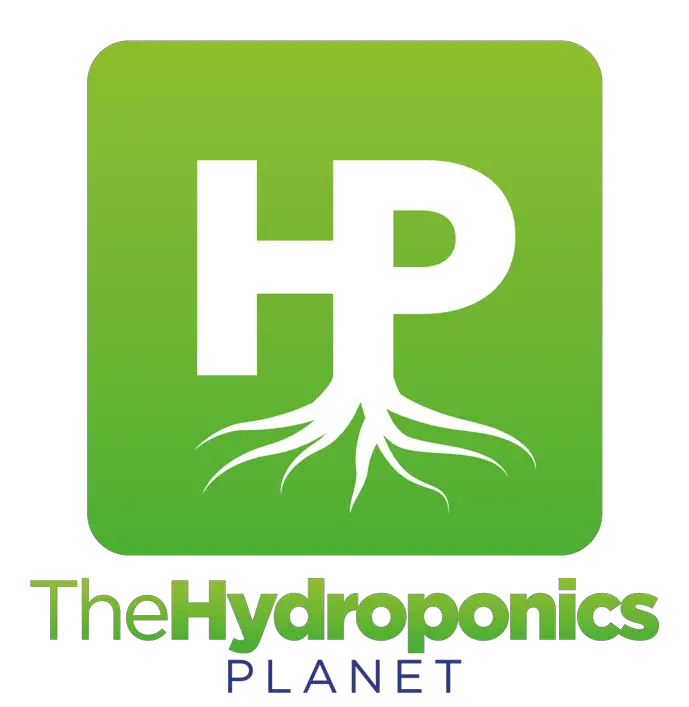Onions are a staple diet for millions of people around the world and are grown in a myriad of environments to add flavor and texture to many a dish.
The idea of growing onions in an aquaponic system is not only possible but maybe a preferred method of farming to achieve a growing system that would reap a more organic harvest than traditional outdoor planting.
You can grow onions in aquaponic systems. Flood and drain or Nutrient film technique (NFT) systems tend to work best as the roots of onions need plenty of moisture.
Let’s have a look at how this system would work.
Onions and Aquaponics
Growing onions in a field is a labor-intensive farming method and requires pesticides, herbicides, and chemicals to eliminate pests and diseases. And they need a lot of watering.
There are several new revolutionary ways to grow crops over the last few years that have enabled city dwellers to grow onions, fruits, vegetables, and even grapes in an urban environment. These methods have breached centuries of traditional farming and have, in many cases, made it possible to grow staple food products in areas previously unviable and unachievable.
All these systems rely on regular maintenance techniques and nutritional systems to assist in the growing process, and any failure in the chain can lead to a lost or diminished harvest.
In aquaponics, the best of each of these techniques are utilized in a controlled environment to nurture the growth of onions, while the downsides of many of them are discarded.
No pesticides or chemicals are used, the time-consuming maintenance process is eliminated and even the harvesting process is simplified.
Aquaponics is about harnessing the power of nature itself to create a self-sustaining eco-system. It works by converting the natural waste of fish into nutrient-rich water that is transported through the system to be absorbed by the roots of the onions, and then the cleaned water is returned to the fish tank.
Once the system is installed there is very little ongoing work or maintenance required. This closed-loop aquaculture works harmoniously with the onions and the fish flourish mightily within this self-contained eco-system.
How to Grow Onions in Aquaponics
Creating a continuous cycle is the tenet of aquaponics.
This particular method requires an aquarium, a pump to move the water back and forth from the aquarium to the roots of the onions, a grow bed where your onions will be located, and a selection of fish for the tank itself.
The grow bed can either be placed on top of the aquarium or off to the side. The grow bed, or flood table as it is also called can simply be a plastic tray or a large container as long as the support structure is strong enough.
Once you have decided on the location and how big you want your aquaponic farm to be, select the size of the aquarium. By using an aquarium instead of a solid container, gives you the benefits of having and enjoying your pet fish while growing your new onion crops at the same time.
At this stage prepare the fish tank as normal by dechlorinating the water and then allowing sufficient time for the bacteria to build up over the following weeks.
This is the starting point to set up your very own fully integrated ecosystem. It works by having the natural waste from your fish being broken down into nitrates, and then a pump carrying these nitrates to feed the roots of the onions. Nitrogen is then released by the plants, cleaning the water which is then safe to be pumped back to the fish, and then the cycle is repeated.
This process is on a continuous loop and the only time water has to be added is if there is a marked level of evaporation or if it is transpired by the plants.
Three Ways to Grow Onions in Aquaponics
There are essentially three types of aquaponics that are used depending on growing experience, the space available, and the scale desired.
The Deep-Water Culture Set Up lets the onion roots drop into the water and take nutrients directly from the water. This method is suitable for a larger scale operation.
The Nutrient Film Set Up is where the roots are left to dangle in a PVC pipe drilled with holes. The water is drawn into the pipe to run over the roots, delivering much-needed nutrients before being fed back into the tank. This method is suitable where space is a consideration and is flexible enough to allow crops to be grown vertically, horizontally, up walls, or even hung from ceilings.
The Media Bed Set Up is the last method and is the most convenient for home growers with little experience, and who opt for a smaller-scale operation. Here the plants are seated in a bed of expanded clay pebbles or gravel, and a pump draws the water from the tank to flow over the roots.
Normally onions require space between the next clove to grow as about a dozen shoots sprout above ground. In aquaponics the bulbs can be set a mere inch apart, allowing more to be grown in a smaller area.
Caring for your Onions in Aquaponics
Growing onions with aquaponics will give you the option to decide how big you want to grow, whether your intention is to feed a small household or a community of onion lovers.
It all depends on the size of the area you have available, from a ledge in your bedroom to a large greenhouse in a nearby field, and, of course, what your goals are. Even the strain of harvesting can be mitigated with the grow bed set to a height totally at your discretion for comfort.
Less water is used due to the closed-loop ecosystem, with hardly any at all being wasted. With this consistent water availability, the bulbs have a tendency to start sprouting quickly as long as the temperature range of between 55°F to 75°F is maintained.
Aside from the importance of having the correct temperatures, having the ph level right is just as crucial, but it can be a little tricky. The onions, the fish and even the bacteria being formed in the water are three distinctly separate living organisms, and all have different ph requirements.
This ph level can be affected by the fish waste, and that can adversely impact the ability of the plants to absorb nutrients, which will reflect negatively on the lives of the fish. So, as you can see the balance of the eco-system as a whole has to be finely tuned regularly.
The optimal range of ph for aquaponics is around 7.0. To ensure a continued harmonious system, it is advisable to monitor this neutral ph balance on a daily basis to avert any wild fluctuations and to keep within this ph safe zone.
And the type of fish selected for this project can make the task of maintaining your onion farm easier also.
One of the ideal types of freshwater fish to use is, believe it or not, is the humble goldfish. They tend to excrete large amounts of waste so your onions won’t be short of nutrients in the conversion process.
But koi can be used, as well as tilapias, and really any hardy fish will do that require minimum maintenance. After all, the beauty of aquaponics is not just the onions you will be growing tenderly, but the aquarium full of colorful, interesting fish that you will be enjoying at the same time.
Harvesting Aquaponic Onions
Aquaponics is a symbiotic relationship between plants and fish and goes hand in hand with sustainability. This collaboration uses less water which is cost-effective and good for the environment and produces 100% organic produce.
Really there is no limit to where your onion crops can be grown with aquaponics and an added bonus is that the growing times are accelerated. This results in a quicker crop of onions being harvested more frequently and, due to this system being so self-contained and self-reliant, the whole interconnected process becomes a game-changer in the field of growing onions.
All in all, aquaponics combines all the new innovative growing methods together with the flexibility to be scaled to fit over a small aquarium filled with an array of multi-colored fish, or scaled upwards for a much larger industrialized farming operation.
Can there be a better way to grow your onions?





